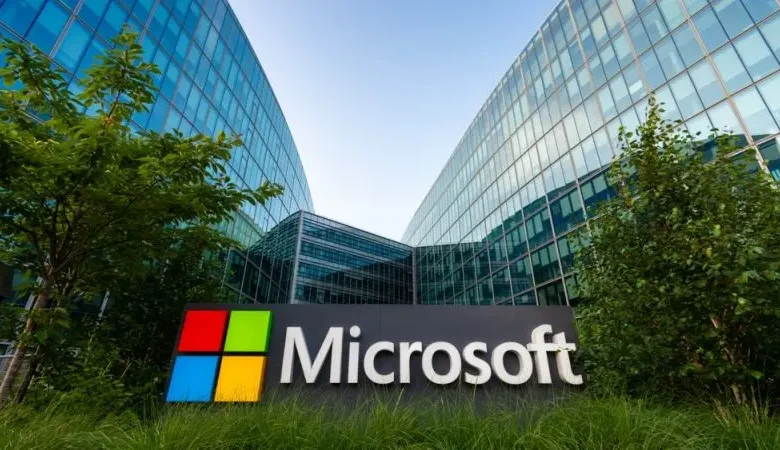Flights canceled during slow recovery from Microsoft outage

Airports, 911 call centers and other critical infrastructure affected during the global IT outage slowly continued to come back online Saturday.
Microsoft said Saturday the outage was likely the largest to disrupt global tech systems, at one point affecting 8.5 million Windows devices.
A total of 2,162 flights had been canceled globally as of 3 p.m. EDT Saturday, with nearly 26,000 delays, according to the flight tracking website FlightAware. Some 1,579 of the cancellations Saturday involved flights scheduled to fly into or out of the United States.
On Friday, there were 3,400 cancellations and 12,891 delays in and out of the United States. The average number of flights handled by the Federal Aviation Administration: 45,000.
Chicago-based United Airlines said most of its systems were functioning in a post Friday night, although it admitted further delays and cancellations were possible.
Delta Air Lines was still recovering Saturday from the outage, forcing the Atlanta-based carrier to cancel hundreds of flights.
“Delta is continuing its operational recovery Saturday following an outside vendor technology issue that prompted the airline and many others to pause flying for several hours on Friday,” the company said in a statement Saturday.
“As of 10 a.m. EDT, more than 600 Delta and Delta Connection flights were canceled Saturday – mostly in the morning and early afternoon. Additional cancellations are expected as some of Delta’s technology continues to recover from Friday morning’s vendor-caused issue.”
The company was offering passengers a travel waiver, allowing them to make a one-time change to their itinerary through July 25.
The outage was a result of a cybersecurity software update conducted by CrowdStrike, which caused 911 call centers in at least three states to stop functioning properly.
Emergency call takers in Alaska, Arizona and Oregon were all affected by the outage.
Some hospital systems were affected, including Cleveland Clinic, Cincinnati Children’s, Kaleida Health/Cayuga in Buffalo, Harris Health System in Texas, Hospital for Special Surgery in New York City, Martha’s Vineyard Hospital, Mass General, Memorial Hermann in Texas, Mount Sinai in New York, Nationwide Children’s Hospital in Ohio and Ohio State University Wexner Medical Center.
The Texas-based company later confirmed it had fixed the issue, which stemmed from a defect in a content update for Windows hosts.
“The issue here has been identified [and] isolated and a fix has been deployed,” CrowdStrike officials announced Saturday. “This was not a cyberattack.”
CrowdStrike officials said they are working with all of its impacted customers to ensure their systems are back online and they can provide their respective customers with the services they need.










